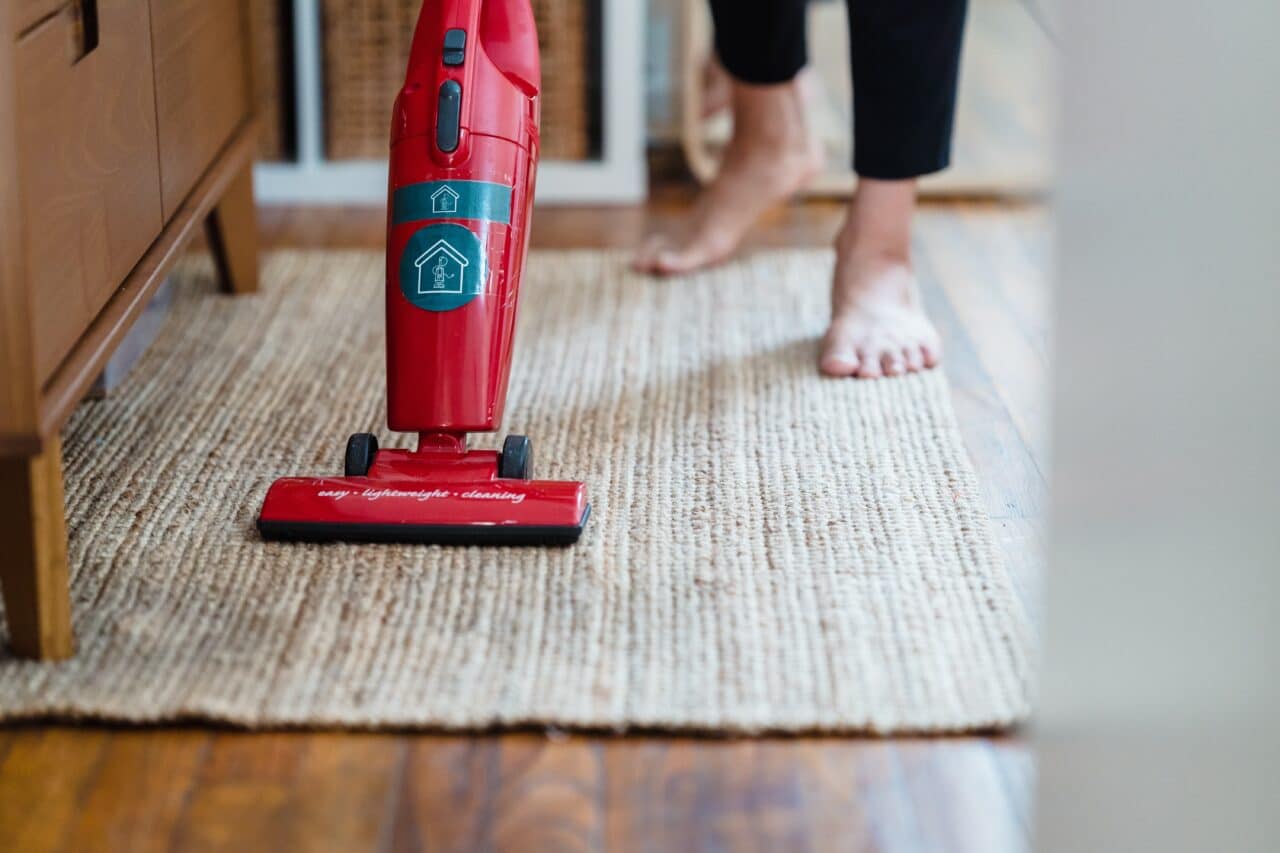Allergies are the sixth leading cause of chronic illness in the United States. If you’re one of the millions who suffer, you are probably looking for ways to eliminate your symptoms.
One of the best ways to reduce your allergy symptoms is to eliminate or minimize exposure to your triggers. Since most of us spend a good deal of time in our homes, knowing how to manage your allergy triggers while there can go a long way toward helping you feel better.
Figuring Out What Your Allergy Triggers Are

If you are unsure of what’s causing your frequent nasal congestion, runny nose, or itchy eyes, reach out to your medical provider. If they suspect that allergies are the culprit, they can refer you to an allergist. An allergist will go over review your symptoms, as well as when you experience them, and based on that perform allergy testing to identify your specific triggers, so you know what to avoid.
Ways To Reduce Allergens in the Home
Here are a few of the best ways to remove common allergens like pollen, mold, dust mites and pet dander from your home:
- Use an air purifier
- Wash your bedding regularly in hot water
- Vacuum your home once a week (use a HEPA vacuum for best results)
- Clean any drapes and blinds weekly as well
- Get a dehumidifier to help prevent mold growth and dust mites
- Opt for hard floors instead of carpet whenever possible
- Do not allow pets to sleep in bed with you, and for best results keep them out of the bedroom entirely
- Keep the windows of your home closed to keep pollen out
- Take off your shoes before coming into the house
- Remove and wash all clothes after spending the day outside somewhere like Cooper Branch Trail and make sure that any other family members or pets that you brought with you do the same
- Shower at night before getting into bed
Other Allergy Treatments
Even after working to remove allergens from your home, you may find that you are still experiencing allergy symptoms. In that case, talk with your allergist about additional treatment options which may include over-the-counter or prescription medications or immunotherapy.
To learn more or to schedule an appointment with an allergy expert, contact ENT of Georgia North today.